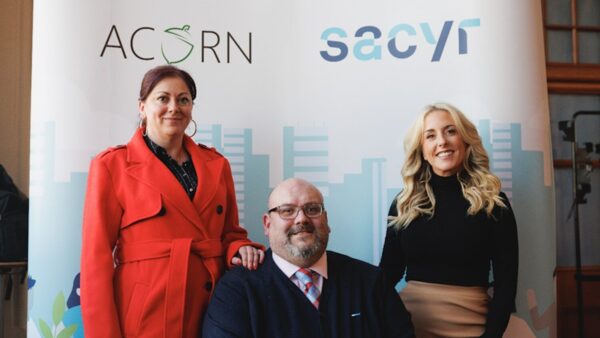There are still negative rumblings about the apprenticeship levy due to be introduced this spring and while top tier contractors are naturally concerned about further costs to the bottom line, I would argue the levy won’t solve the skills crisis in any event.
Apprenticeships and “training academies” seeking to draw the young into construction are only worthwhile if they focus on long-term employment rather than satisfying a tick-box exercise of recruiting half a dozen painters and decorators or bricklayers for only the length of a project.
This is not a paywall. Registration allows us to enhance your experience across Construction Management and ensure we deliver you quality editorial content.
Registering also means you can manage your own CPDs, comments, newsletter sign-ups and privacy settings.
Furthermore, if the objective is to create an inclusive society, which Theresa May has indicated is her driving ambition, then diversity should be the name of the game. How about raising the bar in getting more ex-service employees, ethnic minorities, ex-offenders and women into construction?
Having seen social exclusion across wide swathes of the community over many years, I made it my personal mission to tackle these issues and, together with Pellings, have created a legacy model with the intention of providing career opportunities for a much broader cross section of the community.
We applied the initiative on a small scale at the outset with Lambeth Borough Council and are now formalising this into an “urban legacy” approach which we are talking to other London boroughs and Home Counties councils about.
While it is early days for the urban legacy model, its successes and ongoing programmes include:
- Working with Lambeth Council as a pilot project to mentor James Dublin, a former Lambeth apprentice, who is now an established local carpenter. Pellings has provided a “business booster start-up programme” and with ongoing mentoring support has helped Dublin to create a standalone local construction business employing 12 local people, creating a social value outcome of around £50,000.
- A pilot project bringing together four specialist organisations to deliver ex-military people into meaningful, sustained employment in construction. This ongoing project, with an expected social value outcome of £300,000, seeks to deliver four 12-week “access to work programmes” for up to 48 ex-military jobseekers over a rolling 12-month period.
Pellings’ aim is to support both its clients and contractors in looking at new ways of delivering more focused and higher level social value outcomes on construction projects, particularly with SME contractors/supply chain members.
By creating local “community business support hubs”, the objective is to develop and support wider local businesses and residents within communities in conjunction with networks of established community enablers. These include organisations such as Handy Heroes, Salute My Job, Mount Prison, London Youth, and Women in Social Housing – as well as our local authority and housing clients.
Using a “step on, step up” process that is part of an urban legacy delivery, we identify potential construction industry candidates from the community, get them “work ready” through CV support and life skill coaching, mentor and coach them through the “apprenticeship” phase, develop enterprise through incubator support and then help them through the growth phase for individual supply chain businesses.
I see this approach as a catalyst for employment and training of wider technical, professional, administration and support skills that is needed by the industry, but which includes an element of long-term retention of trades and construction management within the local community to fulfil future construction requirements.
We believe this approach should be of great interest to bid teams and indeed construction managers in dovetailing contractual CSR requirements into localised delivery models and helping to tackle the ongoing skills crisis.
Nigel Goddard is director of building surveying at Pellings LLP









